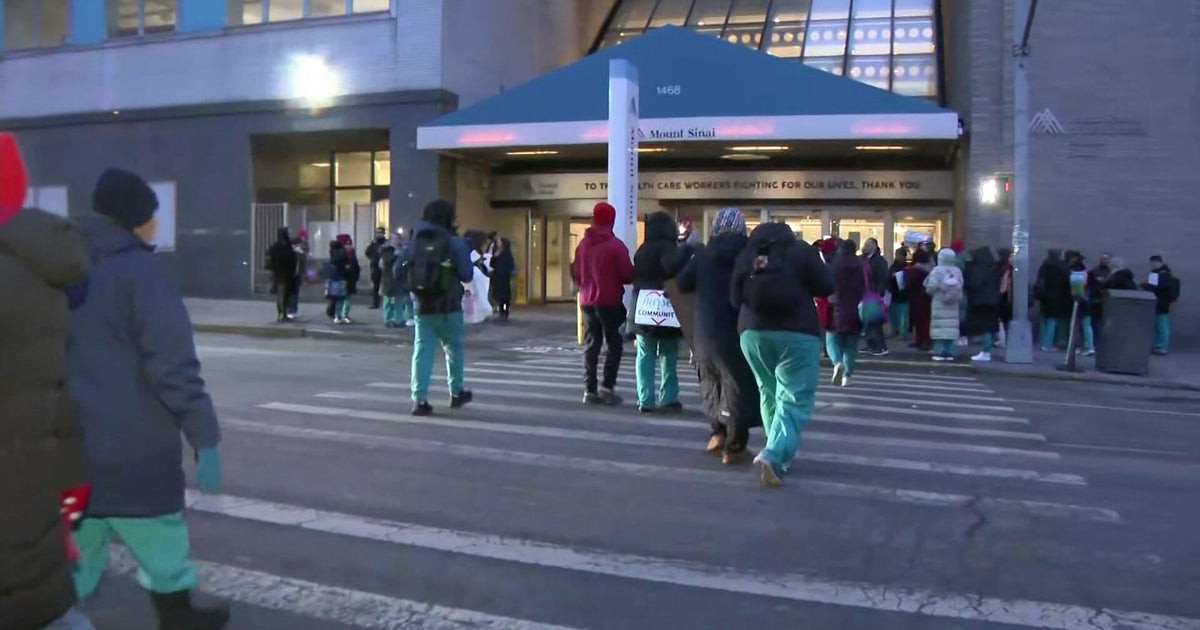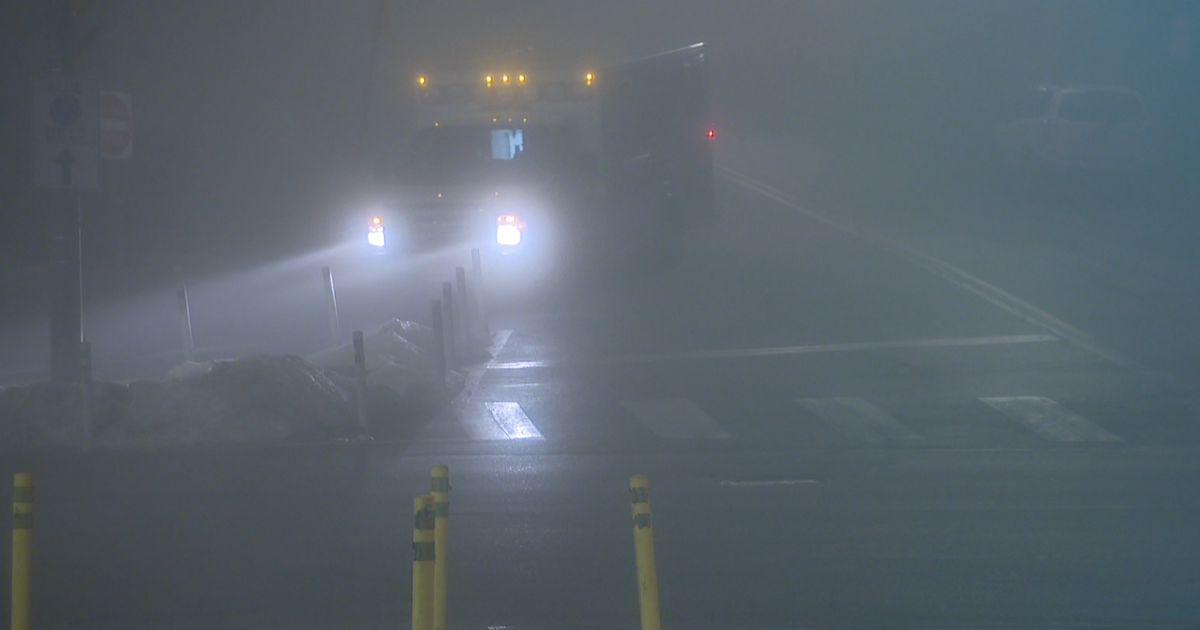Kaiser Permanente workers picket across California, claim unsafe staffing levels
Kaiser Permanente healthcare workers picketed Tuesday at more than 40 facilities across the state, including 17 in the Bay Area, claiming unsafe staffing levels.
The union colation representing more than 85,000 frontline workers is negotiating a new contract with the company. The current deal is set to expire on Sept. 30, after which a strike is possible.
Workers say there has been a health care staffing crisis at Kaiser for years, exacerbated by the pandemic with many departments constantly short-staffed. They say this makes it difficult to provide quality care, leading to long wait times, mistaken diagnoses and neglect.
"We want to make sure that we're here," said Charina Enciso, who works at a Kaiser Permanente facility in San Leandro. "We want to take care of our patients, but who's taking care of us? Nobody."
Additional pickets will be held this week at Kaiser Permanente facilities in Washington, Oregon and Colorado. Together, they form the Coalition of Kaiser Permanente Unions, representing more than 85,000 healthcare workers in seven states and the District of Columbia.
Kaiser Permanente released the following statement:
Our priority is to reach an agreement that ensures we can continue to provide market-competitive pay and outstanding benefits. We are confident that we will be able to reach an agreement that strengthens our position as a best place to work and ensures that the high-quality care our members expect from us remains affordable and easy to access.
Given where we are in the bargaining process, it is clear that the picketing announced by the Coalition on July 13 is not about drawing attention to new issues, but rather an attempt to create some kind of bargaining leverage.
We have been and will continue to address the real issues that are affecting health care and our employees. On the heels of the global pandemic and given today's economy, these challenges include inflation and rising costs to deliver health care, increasing competition from non-traditional businesses, labor shortages, supply chain disruptions, and increases in the demand for access to health care. We look to the Coalition to be a constructive partner in helping address these and other challenges affecting us all.
Kaiser Permanente claimed that, in some regions, its employees make up to 28% above the market average wage rate. The company also said its current employee turnover rate of 8.5% is less than half of the industry average.
Last November, Kaiser Permanente mental health care workers launched a strike that lasted for 10 weeks before a deal was reached.







